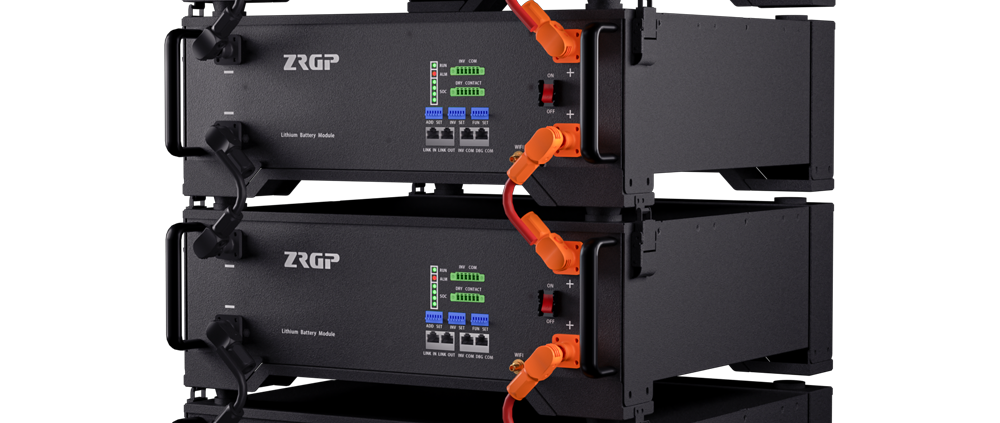Bridging the Gap: the Interface between Lithium Battery Modules and Energy Storage Systems
The seamless interaction between lithium battery modules and energy storage systems is the linchpin in the evolution of advanced energy solutions. This passage delves into the intricate relationship, exploring how lithium battery modules act as essential components that bridge the gap between energy production and consumption, ensuring a harmonious and efficient operation of energy storage systems.
Integrating Power Sources: A Unified Energy Ecosystem
Harvesting and Storing Energy
Lithium battery modules serve as the core energy storage units within larger energy storage systems. Their primary function is to harvest, store, and release energy as needed. When renewable sources such as solar panels or wind turbines generate excess energy, lithium battery modules act as repositories, storing this surplus power efficiently. This integration of power sources creates a unified energy ecosystem, allowing for the optimal utilization of renewable energy and a continuous power supply.
Managing Variable Energy Inputs
Energy production from renewable sources can be variable due to factors like weather conditions. Lithium battery modules play a vital role in managing these fluctuations. During periods of high energy production, excess energy is stored for later use, and during low production, the stored energy is released to maintain a consistent power output. This dynamic balancing act ensures a stable and reliable energy supply, effectively bridging the gap between intermittent energy sources and constant energy demands.
Ensuring Energy Accessibility: Power When Needed
Rapid Response to Demand Fluctuations
One of the critical functions of lithium battery modules is their ability to respond rapidly to fluctuations in energy demand. As the energy consumption pattern changes throughout the day, these modules release stored energy instantaneously when demand surges. This responsiveness ensures that energy storage systems can meet the varying needs of consumers and industries, providing power when and where it is needed. Lithium battery modules thus serve as the dynamic interface that facilitates energy accessibility and availability.
Grid Integration for Seamless Supply
Lithium battery modules also play a crucial role in grid integration. They act as an interface between distributed energy sources, such as rooftop solar panels, and the broader electrical grid. By storing excess energy generated locally, lithium battery modules contribute to grid stability and reduce the strain on centralized power generation. This integration not only enhances the reliability of the grid but also promotes a more decentralized and resilient energy infrastructure.
Optimizing Efficiency: A Symbiotic Relationship
Efficient Energy Conversion
Lithium battery modules optimize the efficiency of energy storage and conversion processes. The energy stored in these modules is converted with high efficiency when it is released for use. This efficiency is essential for minimizing energy losses and ensuring that the stored power serves its intended purpose effectively. The symbiotic relationship between lithium battery modules and energy storage systems hinges on this efficiency, allowing for a more sustainable and resource-conscious energy landscape.
Extending Lifespan Through Smart Management
The interface between lithium battery modules and energy storage systems involves smart management strategies to extend the lifespan of the batteries. By implementing techniques such as optimal charging and discharging profiles, temperature control, and state-of-charge management, the overall efficiency and longevity of lithium battery modules are maximized. This not only enhances the economic viability of energy storage systems but also contributes to sustainable practices by reducing the need for frequent battery replacements.
In conclusion, the interface between lithium battery module and energy storage systems is a nexus of functionalities that unifies disparate elements of the energy landscape. By seamlessly integrating power sources, ensuring energy accessibility, and optimizing efficiency, lithium battery modules act as unifying elements that bridge the gap between energy production and consumption. As we navigate towards a more resilient and sustainable energy future, the harmonious relationship between these components will continue to play a pivotal role in shaping the evolution of energy storage systems.



